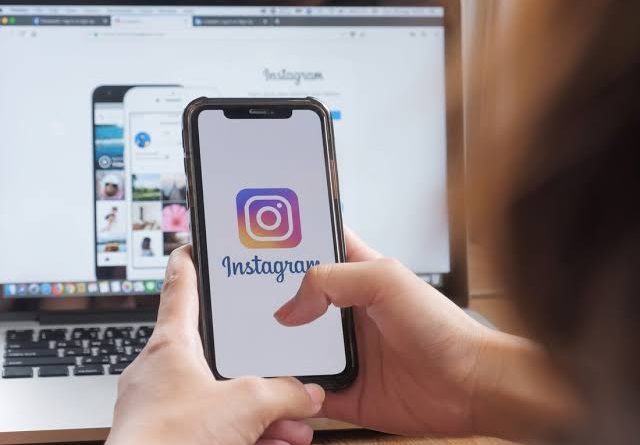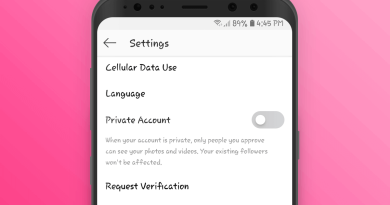Instagram : About Eating Disorders
About Eating Disorders
What is an Eating Disorder?
Eating disorders–like anorexia, bulimia and binge eating disorder–can include extreme emotions, attitudes and behaviors surrounding weight and food issues.
What are some signs to look for if I think a friend may be suffering from an eating disorder?
We worked with the National Eating Disorder Association on the answer below. For more information and advice, please visit http://www.nationaleatingdisorders.org/.
A popular misconception about eating disorders is that if someone has one, it’ll be obvious by their low weight and starvation habits. However, people with eating disorders can be of any weight and are often hiding their illness. To help with early detection, here’s a brief list of eating disorder signs, symptoms and behaviors to keep an eye out for as they may be signs of a bigger problem:
- Makes frequent comments about feeling “fat” or overweight.
- In general, behaviors and attitudes suggest that weight loss, dieting and control of food are becoming primary concerns.
- Evidence of binge eating, including disappearance of large amounts of food in short periods of time or lots of wrappers and containers indicating that large amounts of food have been eaten.
- Evidence of purging behavior, including frequent trips to the bathroom after meals, signs and/or smells of vomiting, presence of wrappers/packages of laxatives or diuretics.
- Develops food rituals (example: eats only a particular food or food group, excessive chewing, doesn’t allow foods to touch, etc.).
- Skips meals or takes small portions of food at regular meals.
- Hides body with baggy clothes.
- Maintains rigid exercise regimen—even in cases of bad weather, fatigue, illness or injury—because of the need to “burn off” calories.
- Drinks excessive amounts of water and/or uses large amounts of mouthwash, mints and gum.
What should I do if I think a friend has an eating disorder?
We worked with the National Eating Disorder Association on the answer below. For more information and advice please visit http://www.nationaleatingdisorders.org/.
When starting a conversation with someone who may have an eating disorder, it’s important to be supportive, non-judgmental and let them know that they’re not alone. Here are some recommended Dos and Don’ts of talking to someone about their eating disorder:
Do:
- Learn the difference between facts and myths about weight, nutrition and exercise.
- Ask what you can do to help.
- Listen openly and thoughtfully; be patient and non-judgmental.
- Talk with the person in a kind way, when you’e not angry, frustrated or upset.
- Explain the reasons for your concerns, without mentioning specific eating behavior.
- Ask if he/she is willing to explore these concerns with a healthcare professional who understands eating disorders.
- Remind your loved one that many people have successfully recovered from an eating disorder.
- Ask for help! The National Eating Disorders Association provides a toll-free helpline (800.931.2237), chat and a confidential online eating disorders screening (MyBodyScreening.org). Learn more at http://nedawareness.org/get-help.
- Visit Proud2Bme.org, which promotes healthy relationships to body image and self-confidence while fostering a community for young activists to connect and make their voices heard.
Don’t:
- Use accusatory “you” statements, like “You’re not taking care of yourself.”
- Place shame, blame or guilt on your friend about their appearance or actions.
- Give simple solutions, like “If you’d stop dieting, everything would be fine!”
- Expect to cure your friend.
For More Information
- United States
- National Eating Disorders Association
- www.nationaleatingdisorders.org
- 1-800-931-2237
- [email protected]
- United Kingdom
- beat (beating eating disorders)
- www.b-eat.co.uk
- 0845 634 1414
- 0845 634 7650 (youthline)
- [email protected]
- Canada
- National Eating Disorder Information Centre (NEDIC)
- www.nedic.ca
- 1-866-NEDIC-20 (1-866-633-4220)
- 416-340-4156 (Toronto)
- Australia
- The Butterfly Foundation
- www.thebutterflyfoundation.org.au/
- 1800 33 4673
- [email protected]
- Live online chat: Monday-Friday, 8am-9pm AEST




